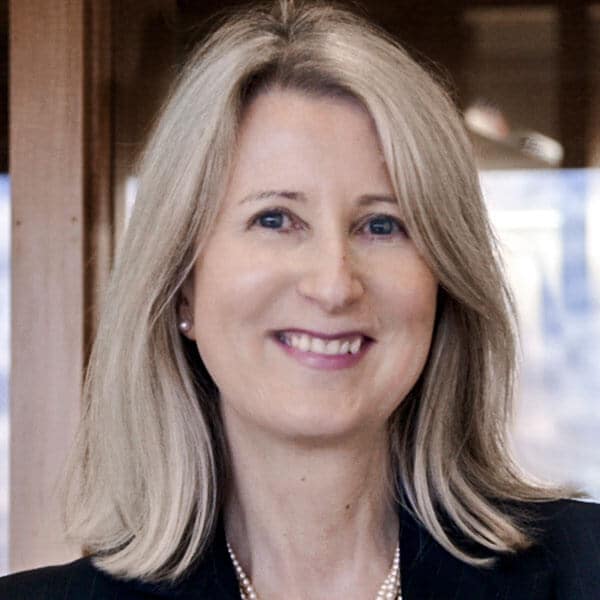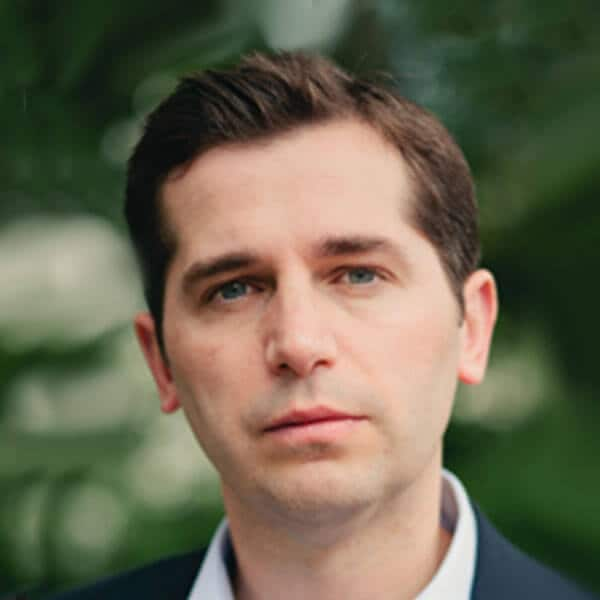Abnormal Psychology: Time for a Change
Covering the history and terminology behind Abnormal Psychology, reasons for a name change, and how academe can help implement changes to a more timely, accurate, and respectful title and description.
Dr. Jill M. Hooley, John Lindsley Professor of Psychology in Memory of William James, Department of Psychology, Harvard University
Dr. Matthew K. Nock, Department Chair, Edgar Pierce Professor of Psychology, Harvard University
What’s in a name? When it comes to "Abnormal Psychology,” the answer is, a lot. In the modern era, the word abnormal has come to be viewed negatively, contributing to the stigma routinely experienced by people with mental disorders. It is also no longer especially accurate. In this session, Jill Hooley and Matthew Nock will describe the history and terminology that led to the creation of Abnormal Psychology, discuss current reasons for a name change, and share ideas about how departments and instructors can help implement the proposed changes to a more timely, accurate, and respectful course title and description.
Recorded:
Duration:
About the speakers

Dr. Jill M. Hooley, John Lindsley Professor of Psychology in Memory of William James, Department of Psychology, Harvard University
Jill M. Hooley is a professor of psychology at Harvard University. She is also the head of the experimental psychopathology and clinical psychology program at Harvard and, in addition, serves as Director of Undergraduate Studies for the Psychology Department. Dr. Hooley was born in England and received a BSc in psychology from the University of Liverpool. This was followed by research work at Cambridge University. She then attended Magdalen College, Oxford, where she completed her DPhil. After a move to the United States and additional training in clinical psychology at SUNY Stony Brook, Dr. Hooley took a position at Harvard, where she has been a faculty member for longer than she can remember.
Dr. Hooley has a long-standing interest in psychosocial predictors of psychiatric relapse in patients with severe psychopathology such as schizophrenia and depression. Other research interests center around nonsuicidal self-injury (skin-cutting or burning) as well as emotion regulation — particularly in people who are vulnerable to depression or who have borderline personality disorder. Her research has been supported by grants from the National Institute of Mental Health and by the Borderline Personality Disorder Research Foundation.
In 2000, Dr. Hooley received the Aaron T. Beck Award for Excellence in Psychopathology Research. She is also a past president of the Society for Research in Psychopathology. The author of many scholarly publications, Dr. Hooley served as Associate Editor for Clinical Psychological Science from 2012–2016. She also serves on the editorial boards of several journals including the Journal of Consulting and Clinical Psychology, the Journal of Family Psychology, Family Process, and Personality Disorders: Theory, Research and Treatment. In 2015, Dr. Hooley received the Zubin Award for Lifetime Achievement in Psychopathology Research from the Society for Research in Psychopathology.
At Harvard, Dr. Hooley has taught graduate and undergraduate classes in introductory psychology, abnormal psychology, schizophrenia, mood disorders, clinical psychology, psychiatric diagnosis, and psychological treatment. Reflecting her commitment to the scientist-practitioner model, she also does clinical work specializing in the treatment of people with depression, anxiety disorders, and personality disorders.

Dr. Matthew K. Nock, Department Chair, Edgar Pierce Professor of Psychology, Harvard University
Professor Nock received his Ph.D. in psychology from Yale University (2003) and completed his clinical internship at Bellevue Hospital and the New York University Child Study Center (2003). Nock’s research is aimed at advancing the understanding of why people behave in ways that are harmful to themselves, with an emphasis on suicide and other forms of self-harm. His research is multi-disciplinary in nature and uses a range of methodological approaches (e.g., epidemiologic surveys, laboratory-based experiments, clinic-based studies, and ecological momentary assessment) to better understand how these behaviors develop, how to predict them, and how to prevent their occurrence. This work is funded by grants from the National Institutes of Health and several private foundations, and has been published in over 250 scientific papers and book chapters. Nock’s work has been recognized through the receipt of four early career awards from the American Psychological Association, the Association for Behavioral and Cognitive Therapies, and the American Association of Suicidology; in 2011, he was named a MacArthur Fellow.
In addition to conducting research, Nock has been a consultant/scientific advisor to the National Institutes of Health, the World Health Organization’s World Mental Health Survey Initiative, the American Psychological Association, and the American Psychiatric Association DSM-5 Childhood and Adolescent Disorder Work Group. At Harvard, Professor Nock teaches courses on statistics, research methods, self-destructive behaviors, developmental psychopathology, and cultural diversity—for which he has received several teaching awards, including the Roslyn Abramson Teaching Award, Petra Shattuck Prize, and the Lawrence H. Cohen Outstanding Mentor Award. In 2017, he was named the Edgar Pierce Professor of Psychology at Harvard.